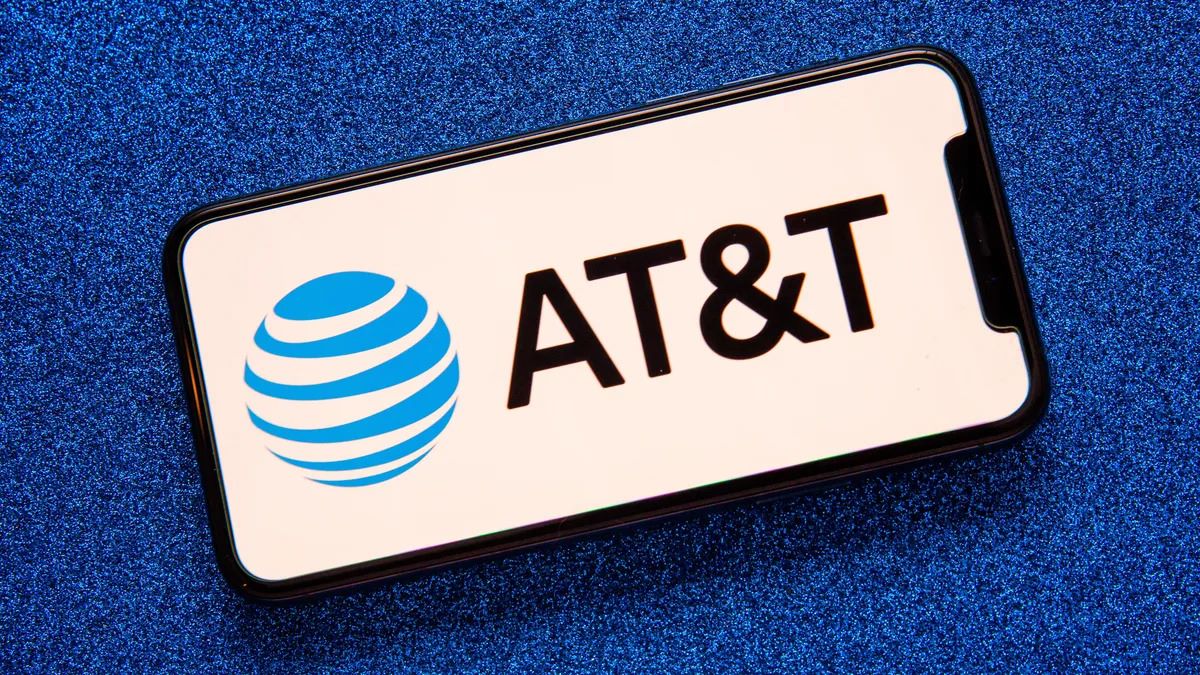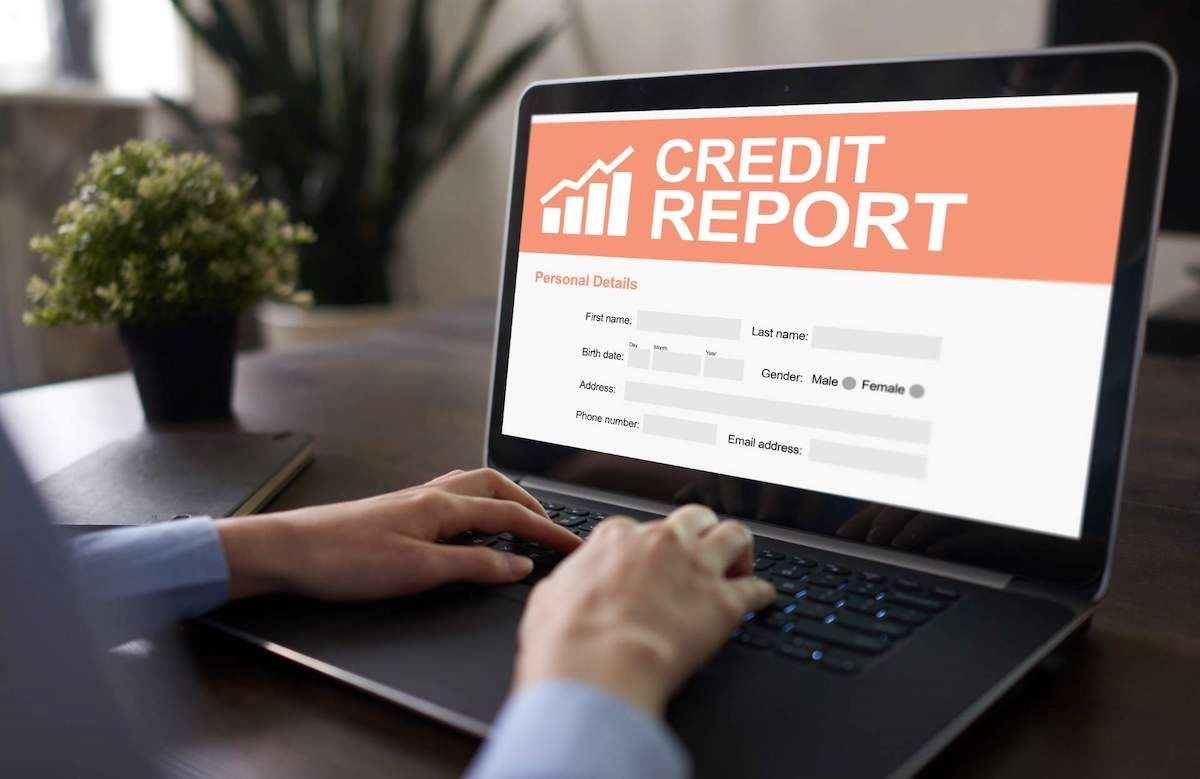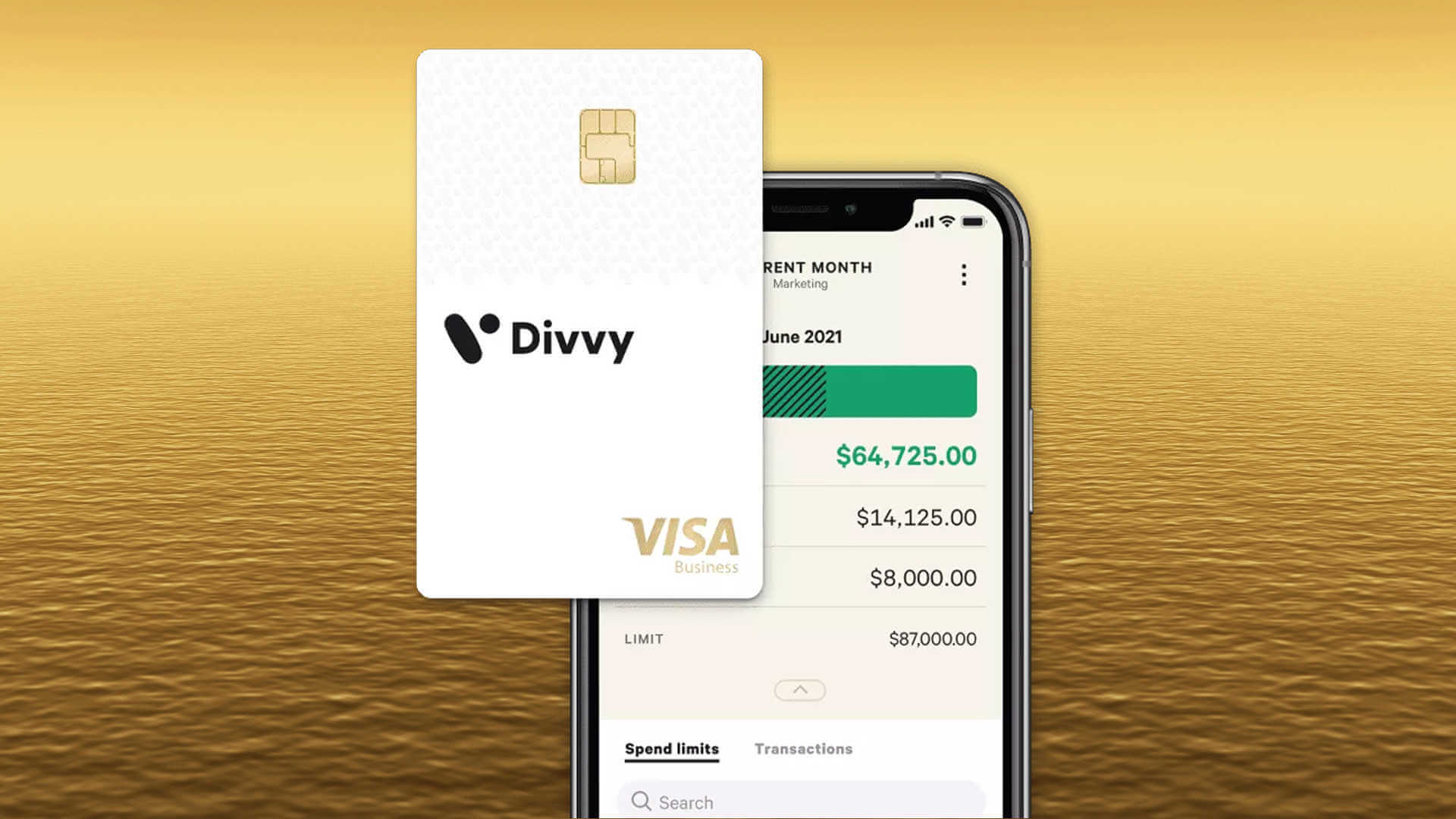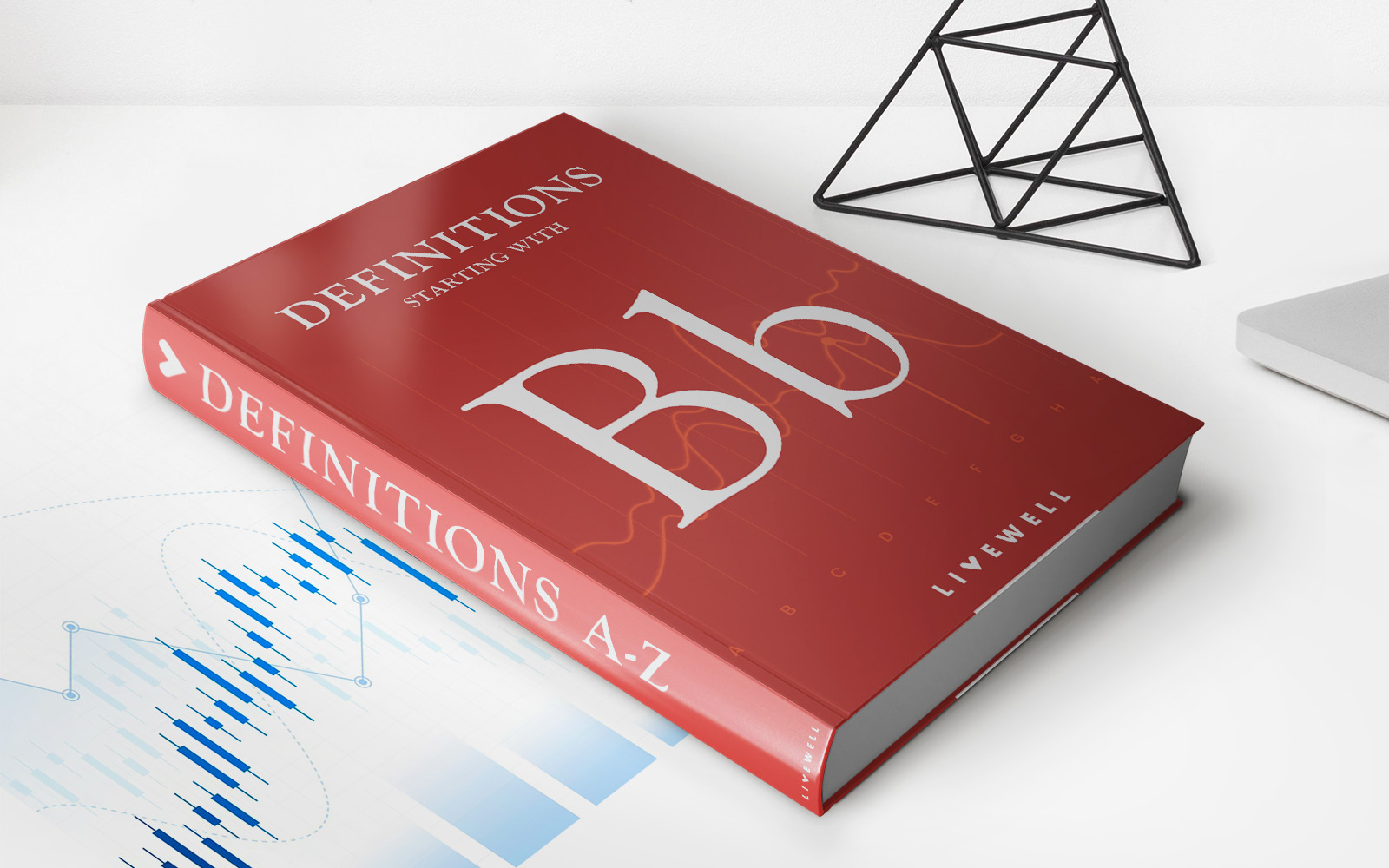

Finance
What Credit Score Do You Need To Buy A Boat
Published: October 22, 2023
Looking to finance a boat purchase? Find out the credit score needed to secure boat financing and fulfill your dreams of sailing the open seas.
(Many of the links in this article redirect to a specific reviewed product. Your purchase of these products through affiliate links helps to generate commission for LiveWell, at no extra cost. Learn more)
Table of Contents
Introduction
Welcome to the exciting world of boating! Owning a boat can provide endless adventures, relaxation, and memories with friends and family. However, before setting sail, it’s important to understand the financial aspects of buying a boat. One key factor to consider is your credit score.
Credit scores play a crucial role in determining your eligibility for boat financing. Lenders use this three-digit number, which ranges from 300 to 850, as a measure of your creditworthiness. A higher credit score indicates a lower risk for lenders, making it easier for you to secure a boat loan with favorable terms and interest rates.
In this article, we will delve into the factors to consider when buying a boat, the importance of credit scores, the credit score requirements for boat financing, how to improve your credit score, alternative options for boat financing, and tips for buying a boat with bad credit.
Whether you’re a seasoned boater or a first-timer, understanding the relationship between credit scores and boat financing is essential for a smooth and successful boat-buying journey.
Factors to Consider When Buying a Boat
Buying a boat is a significant financial commitment, and there are several factors to consider before making your purchase. Here are some key aspects to keep in mind:
- Usage: Determine how you plan to use the boat. Are you looking for a boat for recreational use, fishing, or water sports? Different boats are designed for specific activities, so understanding your intended use will help you make the right choice.
- Type of boat: Research the different types of boats available, such as motorboats, sailboats, pontoon boats, or speedboats. Each type has its own advantages and considerations, so find out which one suits your needs and preferences.
- Size and capacity: Consider the size of the boat and its capacity. How many people do you plan to have on board regularly? Will you be entertaining guests or taking overnight trips? The size of the boat will impact its stability, storage space, and comfort.
- Costs: Evaluate both the upfront and ongoing costs associated with owning a boat. This includes the purchase price, financing, insurance, registration, maintenance, mooring or storage fees, fuel, and repairs. It’s crucial to factor in these costs to ensure that boat ownership fits within your budget.
- Boat condition: When buying a used boat, thoroughly inspect the condition of the vessel. Check for any signs of damage, wear and tear, or mechanical issues. If purchasing a new boat, research the reputation and reliability of the manufacturer.
- Boating license and certifications: Determine whether you need a boating license or any certifications to operate the boat legally. Different regions may have specific requirements, so familiarize yourself with the regulations in your area.
- Resale value: While it’s difficult to predict the future, consider the potential resale value of the boat. Certain boat brands and models retain their value better than others. This can be an important factor if you plan to upgrade or sell the boat in the future.
By carefully considering these factors, you can make an informed decision that aligns with your boating goals and financial capabilities. Next, let’s dive into the importance of credit scores when it comes to boat financing.
Understanding Credit Scores
Credit scores are a crucial element of the financial world, influencing your ability to secure loans, credit cards, and other forms of credit. Understanding how credit scores work is essential when it comes to financing your boat purchase.
Credit scores are calculated based on various factors, including your payment history, credit utilization, length of credit history, types of credit accounts, and new credit inquiries. The most commonly used credit scoring models are FICO® Scores and VantageScores.
FICO® Scores range from 300 to 850, with a higher score indicating a lower credit risk. The scores are categorized as follows:
- Poor: 300-579
- Fair: 580-669
- Good: 670-739
- Very Good: 740-799
- Excellent: 800-850
VantageScores have a different range, from 300 to 850 as well. The categories are generally similar but may have slight variations compared to FICO® Scores.
Lenders use credit scores to assess your creditworthiness and determine the terms and interest rates they offer you. A higher credit score makes you a more attractive borrower in the eyes of lenders, as it indicates a lower risk of defaulting on your payments.
When applying for a boat loan, lenders will typically check your credit score to evaluate your creditworthiness. They may also consider other factors such as your income, debt-to-income ratio, and employment history.
It’s important to regularly monitor your credit score and review your credit reports to identify any errors or discrepancies that could negatively impact your score. You can obtain a free copy of your credit report from each of the three major credit bureaus (Equifax, Experian, and TransUnion) once a year.
By understanding your credit score and taking steps to improve it, you can increase your chances of securing favorable financing for your boat purchase. Next, let’s explore the credit score requirements for boat financing.
Credit Score Requirements for Boat Financing
When it comes to boat financing, lenders have varying credit score requirements. While specific criteria may differ between lenders, there are some general guidelines to keep in mind.
A credit score of around 700 or higher is typically considered good and may increase your chances of qualifying for boat financing with favorable terms and interest rates. Very good to excellent credit scores, typically above 740, may give you access to the best loan options and potentially lower interest rates.
However, it’s important to note that credit score requirements can vary based on other factors such as the lender’s risk appetite, the loan amount, loan term, and your overall financial profile. Some lenders may be more lenient with credit scores if you have a strong income and a low debt-to-income ratio.
If your credit score falls below the desired range, you may still have options for boat financing:
- Co-signer: A co-signer with a higher credit score and strong financial standing can increase your chances of loan approval and help secure better loan terms.
- Larger down payment: Offering a larger down payment can demonstrate your commitment and lower the lender’s risk, making them more likely to approve your loan application.
- Alternative lenders: Explore alternative lenders, such as online or specialized boat lenders, who may have more flexible credit score requirements compared to traditional banks or credit unions.
It’s crucial to shop around and compare offers from different lenders to find the best financing option that suits your needs. Be prepared to provide the necessary financial documents, such as proof of income and bank statements, to support your loan application.
Remember, while credit scores are an important factor in boat financing, they are not the only consideration. Lenders assess multiple aspects of your financial situation to determine your eligibility. Improving your credit score can help increase your chances of securing boat financing with more favorable terms, which we’ll discuss in the next section.
How to Improve Your Credit Score
If your credit score is not where you want it to be for boat financing, don’t worry. There are steps you can take to improve it over time. Here are some tips to help boost your credit score:
- Pay your bills on time: Late payments can have a significant negative impact on your credit score. Make it a priority to pay all your bills on time, including credit cards, loans, and utilities.
- Reduce your credit card balances: Aim to keep your credit card balances low. High credit utilization, which is the percentage of available credit you are using, can lower your credit score. Try to keep your utilization below 30% of your credit limit.
- Avoid opening too many new accounts: Each time you apply for new credit, it can temporarily lower your credit score. It’s best to be selective and only apply for new credit when truly necessary.
- Check your credit reports: Regularly review your credit reports and dispute any errors or inaccuracies you find. Correcting these mistakes can potentially boost your credit score.
- Build a positive credit history: Consistently demonstrate responsible credit behavior over time. This includes paying your bills on time, keeping low balances, and maintaining a mix of different types of credit accounts.
- Keep your old accounts open: Length of credit history is an important factor in your credit score. If you have old credit cards with a positive payment history, consider keeping them open, even if you don’t use them frequently.
- Limit credit inquiries: Be cautious about applying for unnecessary credit. Multiple credit inquiries within a short period can lower your score. Only apply for credit when you need it.
Improving your credit score takes time and discipline. Start by focusing on the areas that have the most impact, such as payment history and credit utilization. Consistently practicing good credit habits will gradually increase your creditworthiness and open up better financing options for your boat purchase.
However, if you need to secure boat financing sooner rather than later, there are alternative options available. Let’s explore some of these options in the next section.
Alternative Options for Boat Financing
If traditional boat financing options are not available to you due to a low credit score or other factors, there are alternative options to consider:
- Boat dealerships: Some boat dealerships offer in-house financing programs for buyers with less-than-perfect credit. These programs may have more lenient credit requirements, but it’s important to review the terms and interest rates to ensure they are reasonable.
- Secured loans: If you have valuable assets such as a home or other property, you may be able to use them as collateral to secure a loan. The asset serves as security for the lender, increasing the likelihood of approval even with less-than-ideal credit.
- P2P lending platforms: Peer-to-peer lending platforms connect borrowers directly with individual lenders who are willing to fund the loan. These platforms may be more flexible in their credit requirements and offer competitive interest rates.
- Personal loans: Consider applying for a personal loan from a bank or credit union. These loans are typically unsecured and can be used for various purposes, including boat financing. However, note that personal loans may have higher interest rates compared to boat-specific loans.
- Save up and pay cash: If your credit score makes it difficult to secure financing or if you prefer to avoid borrowing, saving up and paying for the boat in cash is a viable option. This eliminates the need for financing and allows you to own the boat outright.
When exploring alternative options, it’s crucial to carefully review the terms, interest rates, and repayment schedules. Compare multiple offers and assess the feasibility of each option based on your financial situation.
Remember that improving your credit score over time should still be a priority, as it will expand your future financing opportunities and potentially lead to better loan terms. Now, let’s discuss some tips for buying a boat with bad credit.
Tips for Buying a Boat with Bad Credit
If you have bad credit but still want to pursue your dream of owning a boat, here are some tips to help you navigate the process:
- Work on improving your credit: While looking for options to buy a boat with bad credit, continue taking steps to improve your credit score. Pay bills on time, reduce debt, and address any errors on your credit report. This will increase your chances of securing better financing options in the future.
- Save for a larger down payment: Having a larger down payment can help offset the risk associated with bad credit. Save up as much as possible before purchasing a boat, as this will reduce the amount you need to borrow and potentially increase your approval odds.
- Consider a co-signer: A co-signer with good credit can improve your chances of getting approved for a boat loan. However, remember that the co-signer will be equally responsible for the loan, so make sure to communicate openly about expectations and responsibilities.
- Explore local credit unions: Credit unions often have more lenient lending requirements compared to traditional banks. They may be more willing to work with customers who have bad credit and offer more personalized loan options.
- Buy a used boat: Purchasing a used boat can be a more affordable option, especially when dealing with bad credit. Used boats generally have a lower price tag, reducing the amount of financing needed and making it easier for lenders to approve your loan.
- Be realistic with your budget: Assess your financial situation and determine how much you can comfortably afford for boat ownership. Consider not only the loan payments but also the ongoing costs such as maintenance, insurance, docking fees, and fuel.
- Work with specialized boat lenders: Some lenders specialize in boat financing and may have more flexible options for individuals with bad credit. Research and reach out to these lenders to explore your options.
Remember, buying a boat with bad credit may come with higher interest rates and less favorable loan terms. It’s important to carefully evaluate the financial implications and choose a boat that fits within your budget.
Lastly, keep in mind that as you continue to make timely payments on your boat loan, your credit score may gradually improve. This can open the door to refinancing options or better loan terms in the future.
Now that you have these tips in mind, you can confidently pursue your dream of boat ownership, even with bad credit.
Conclusion
Buying a boat is an exciting adventure, but it’s important to understand the financial aspects involved. Your credit score plays a significant role in securing favorable boat financing terms, so it’s crucial to know where you stand and take steps to improve your creditworthiness.
We discussed the factors to consider when buying a boat, including usage, boat type, size, costs, and resale value. Understanding these factors will help you make an informed decision that aligns with your boating goals and financial capabilities.
Furthermore, we explored the importance of credit scores in boat financing and the credit score requirements typically expected by lenders. While good credit scores open up better financing options, we also discussed alternative options for individuals with low credit scores.
Improving your credit score should be a priority, as it will broaden your financing opportunities. We provided tips on how to increase your credit score over time and shared advice for buying a boat with bad credit, such as saving for a larger down payment, considering a co-signer, and exploring specialized lenders.
Remember, the journey to boat ownership is unique for each individual. Evaluate your options, be realistic with your budget, and consider seeking advice from financial professionals if needed.
Whether you choose to finance a new boat, investigate alternative financing options, or save up to purchase a used boat, proper planning and financial responsibility are essential. With the right approach and a clear understanding of your financial situation, you can turn your dream of owning a boat into a reality.
So, set sail with confidence and enjoy the thrilling experience of boating!














